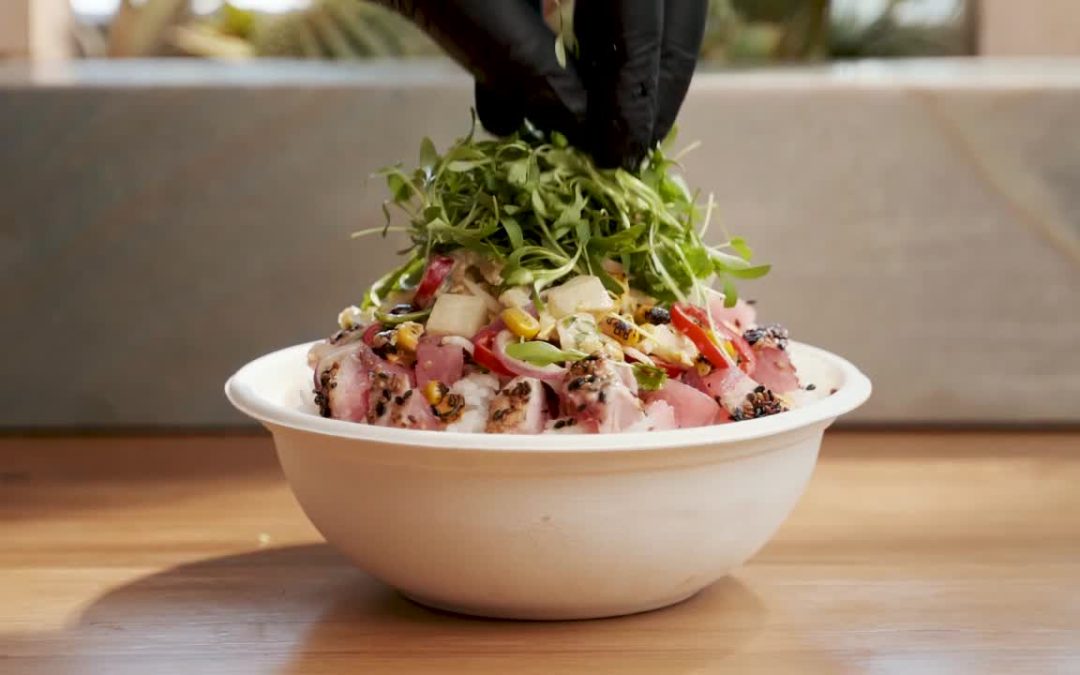Sweetfin, a poke concept in Southern California with 16 locations, has a history of embracing delivery exclusivity. Pre-pandemic it worked solely with Postmates. Then for a few years it extended to all the providers. Now it’s back with just Postmates and its parent company Uber. Seth Cohen, president and co-founder, explains the return.

Seth Cohen, president and co-founder of Sweetfin
“You get some of the promotion costs subsidized in exchange for exclusivity,” he said, noting the margin pressures that operators face from advertising and discount costs. “Working with one delivery provider is better for us. It makes the cost of doing business more affordable.”
This is no small decision for the brand since 60 percent of its revenues come from off-premises. When the brand experimented with universal delivery, Cohen was hopeful he would see incremental profit growth. But that wasn’t his experience.
“It can be very expensive to operate on multiple platforms,” he said. “Much of the conversation we kept having with providers had to do with promotions. That might have helped with traffic but it didn’t with profits.”
It’s not uncommon for brands to go with just one delivery provider. The Cheesecake Factory has an exclusive deal with DoorDash through 2026. Olive Garden uses just Uber Eats.
However, this may come at a cost in terms of visibility. Being present on all major third-party marketplaces, such as Uber Eats and DoorDash, is customary for restaurants in an effort to reach consumers where they are and attract new ones. But while eyeball capture may drop in using just one, so may Advil intake.
“It’s an ever-evolving journey because things are constantly changing,” Cohen said. “You have to stay on top of where you are on the apps and promote aggressively to be competitive.”
For large brands that can be justified as the price of doing business. For others it can be time-consuming and expensive.
“It can be hard for a mom-and-pop when an established brand is bidding keywords against you,” he said.
Cohen and his team are doing what they can to make first-party ordering attractive to consumers. It dangles discounts and incentives. But Cohen knows mass conversion isn’t realistic, not when consumers have a perception that they can save money using a marketplace.
“Consumers care about price and convenience and third-party delivery providers do a good job at selling that,” he said.
So Uber and Postmates it is. This makes sense for Sweetfin as Postmates made its name as a Southern California juggernaut and retains a strong presence there.
“It still has the lion’s share of demand in our area, at least for our customers,” Cohen said.
But Sweetfin has aspirations to be more than a regional player. In 2022, it received a strategic investment from Italy-based Poke House. At the time the brand announced intentions to expand into Arizona and Texas. Cohen said plans are in motion. Off-premises will continue to play a pivotal role in any expansion. Cohen has identified the key ingredient for his brand going forward: experience.
“We can do things like offer incentives to do first-party ordering but the best way to compete is by giving your consumers a great experience,” he said. “It may be hard to compete on convenience but you can compete on experience.”


